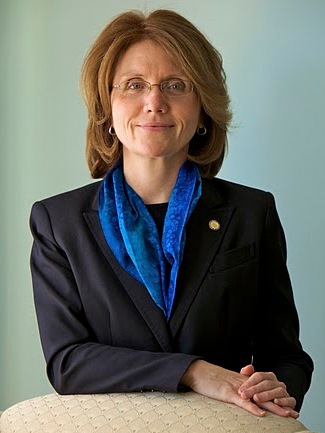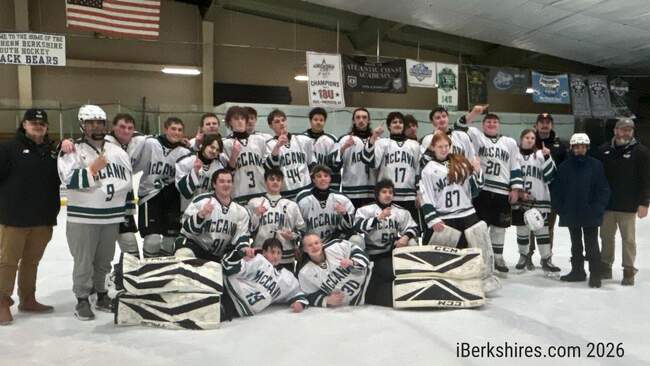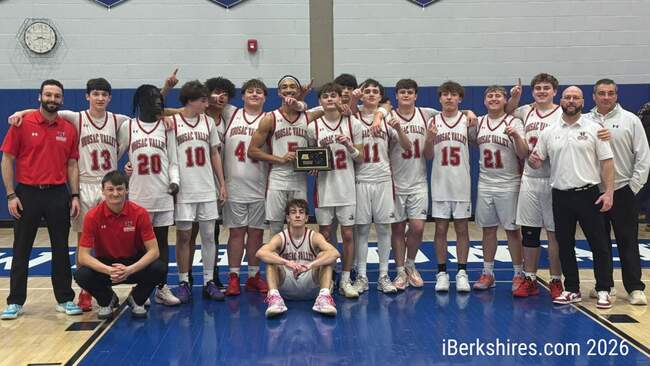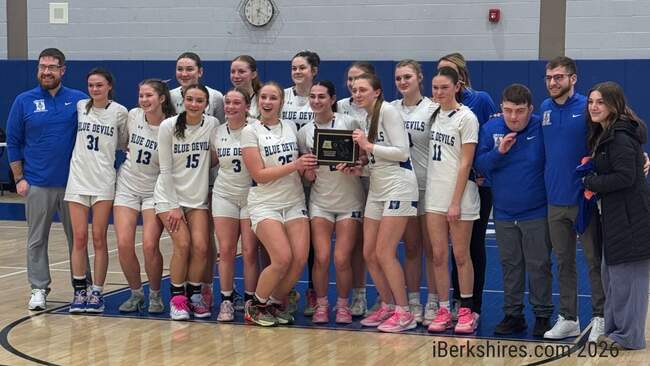MCLA President Receiving Leadership Award

Mary K. Grant
|
Grant, the 11th president of the public college and the first to be an alum, has been selected to receive the Chief Executive Leadership Award from the Council for Advancement and Support of Education's District 1 chapter. The district includes all of New England and eastern Canadian provinces.
"Anyone who has taken the time to observe the far-reaching impact Dr. Grant has had on the Massachusetts College of Liberal Arts will immediately understand why she was selected to receive this most prestigious award," said Charles F. Desmond, chairman of the Massachusetts Board of Higher Education. "Under her leadership, the Massachusetts College of Liberal Arts has broken through and emerged as a shining star, helping to lead our public system of higher education on to new heights of achievement, recognition and stature."
The Chief Executive Leadership Award honors institutional leaders for outstanding contributions to their campus communities, for efforts promoting public understanding of education, and for support of advancement at their campuses. Nominees must have demonstrated the ability to increase their institution's stature in the community and to establish a positive image for their institution while leading it to even higher levels of success.
The association pointed to Grant's role in expanding academic programming, recruiting outstanding new faculty, strengthening educational and co-curricular opportunities for students, increasing enrollment and building greater connections between the college and the community. This includes the Berkshire Compact for Education, a countywide initiative that serves as a model for regional collaboration for educational access, readiness and aspirations to higher education.
Grant's tenure has also seen a greater leadership role for the college with the area's arts and culture through the creation of the Berkshire Cultural Resource Center and the opening of MCLA Gallery 51 on Main Street. The college has also entered into articulation agreements with Berkshire Community College to provide a seamless transfer between the two institutions and provide greater access to public higher education. MCLA has, in many ways, acted as a conduit to bring local government, public and private education, arts and culture and the business community together to promote common goals. She's overseen some of the first major renovations on campus in decades and championed the soon-to-be constructed science center, injecting new life into a once neglected department. In October, MCLA announced the site for the new $54 million Center for Science and Innovation.
Indeed, CASE cites Grant as a champion of the essential role that science and technology play in securing the future of the commonwealth and the nation. Among other leadership roles in this area, she serves on Gov. Deval Patrick's Science, Technology, Engineering and Math (STEM) Advisory Council. Most recently, Grant joined the governing board of the Massachusetts Technology Collaborative's John Adams Innovation Institute, which works to enhance the role of innovation within the Massachusetts economy.
"We are facing challenging times, across the country and across the globe," said Grant in a statement. "One of the greatest assets we have to successfully navigate through these times is an educated and engaged citizenry. I am privileged to work in higher education. Every day I experience the ways in which colleges like mine, MCLA, make a difference in the lives of the students that we serve. We have built exciting and important new programs and partnerships; expanding educational and experiential opportunities for our students within our community, the commonwealth of Massachusetts and beyond. I am most grateful for the support of so many innovative, hardworking colleagues and I am deeply grateful and honored to receive this recognition from CASE."
Grant holds a doctorate in social policy from the Heller School at Brandeis University, a master's degree in public affairs from the John W. McCormack Institute at the University of Massachusetts, and a bachelor of arts degree in sociology from MCLA.
CASE International represents more than 3,400 colleges, universities, independent elementary and secondary schools, and educational associates in 61 countries around the world, making it one of the largest non-profit education associations in terms of institutional membership. CASE serves more than 61,500 advancement professionals on the staffs of its member institutions and has more than 22,000 professional members on its roster. Its purpose is to provide educational professionals in alumni relations, communications, and development with information, tools, and networking opportunities to advance both their careers and institutions.
The leadership award will be presented to Grant at the annual Distinguished Service Recognition Awards Gala Reception on Wednesday, Jan. 26, at the Westin Copley Hotel in Boston.
















